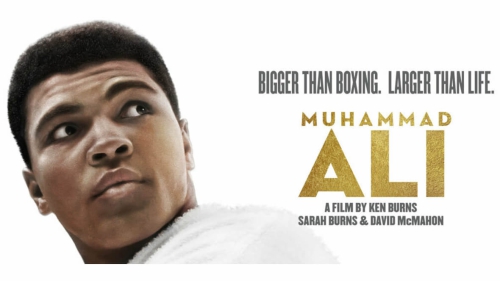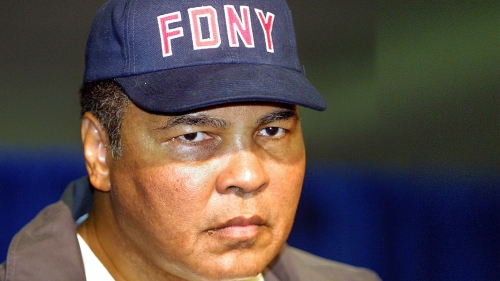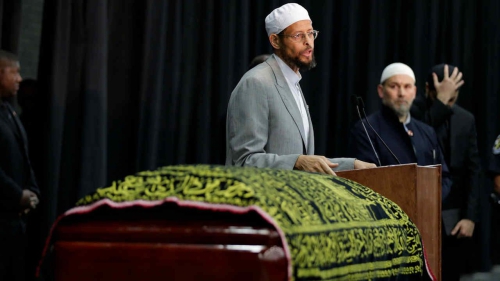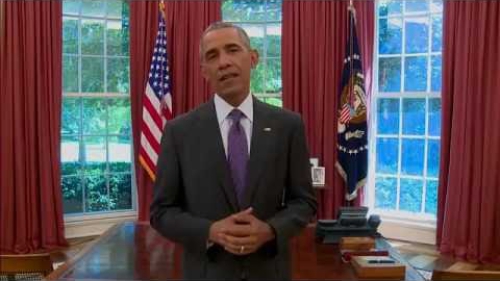Remembering the great Muhammad Ali

"I know where I'm going and I know the truth, and I don't have to be what you want me to be. I am free to be what I want." Muhammad Ali
A legend, A humanitarian, A fighter for social equality and justice, A poet, A man who loved all people, A boxer, An athlete, A champion and much more has gone back to his creator on June 3, 2016.
The biggest fight of his life was a 32-year battle with Parkinson's disease. Even this fight he fought with grace and dignity. A fight he was willing to lose eventually.
As his health declined, Ali did not shy from politics or controversy, releasing a statement in December criticizing Republican presidential candidate Donald Trump's proposal to ban Muslims from entering the United States.
The remark highlighted the life of a man who burst into the national consciousness in the early 1960s, when as a young heavyweight champion he converted to Islam and refused to serve in the Vietnam War. He became an emblem of strength, eloquence, conscience and courage. Ali was an anti-establishment showman who transcended borders and barriers, race and religion. His fights against other men became spectacles, but he embodied much greater battles.
In 1967, at the height of the Vietnam War, Ali was drafted to serve in the U.S. Army. He said that the war did not align with his faith, and that he had "no quarrel" with America's enemy, the Vietcong and refused to serve.
"My conscience won't let me go shoot my brother, or some darker people, some poor, hungry people in the mud, for big powerful America, and shoot them for what?" Ali said in an interview. "They never called me nigger. They never lynched me. They didn't put no dogs on me."
His stand culminated with an appearance at an Army recruiting station, where he refused to step forward when his name was called. The reaction was swift and harsh. He was stripped of his boxing title, convicted of draft evasion and sentenced to five years in prison.
Released on appeal but unable to fight or leave the country, Ali turned to the lecture circuit, speaking on college campuses, where he engaged in heated debates, pointing out the hypocrisy of denying rights to blacks even as they were ordered to fight the country's battles abroad.
His appeal took four years to reach the U.S. Supreme Court, which in June 1971 reversed the conviction in a unanimous decision that found the Department of Justice had improperly told the draft board that Ali's stance wasn't motivated by religious belief.
Ali regained the world boxing championship title in 1974 when he knocked out George Foreman in Zaire in a fight called "The Rumble in the Jungle." This was a spectacular fight for which Ali moved to Africa for the summer, followed by crowds of locals chanting "Ali Bomaye!" Ali delivered a historic performance in the ring, employing a new strategy dubbed the "rope-a-dope," provoking the favored Foreman into attacking him, then leaning back into the ropes in a defensive stance and waiting for Foreman to tire. Ali then went on the attack, knocking out Foreman in the eighth round.
The man once ridiculed as a fanatical, racist draft-dodger earned universal affection. He became a global icon of goodwill, a transformation completed by his dramatic lighting of the Olympic torch at the 1996 Atlanta Olympics. His trembling silence was broken by lightning flashes of the old magnetism. He gave us hope by showing the best of ourselves in him.
May God accept him among the most honored of paradise.

















